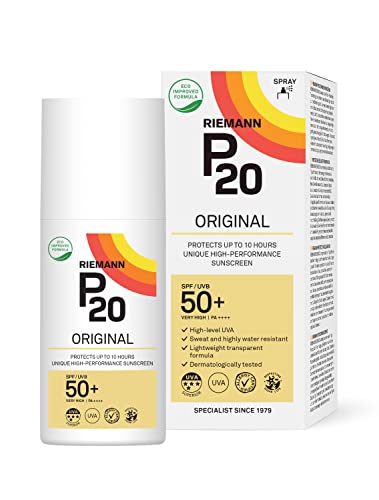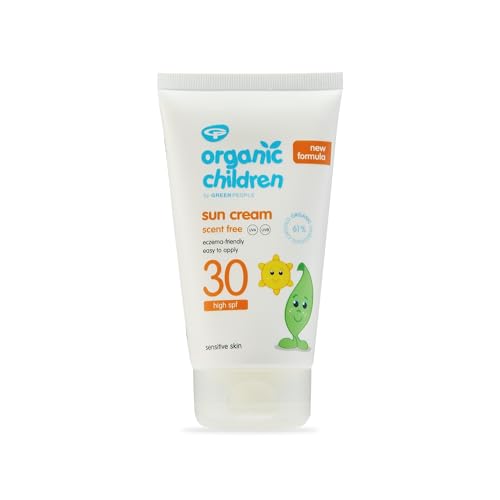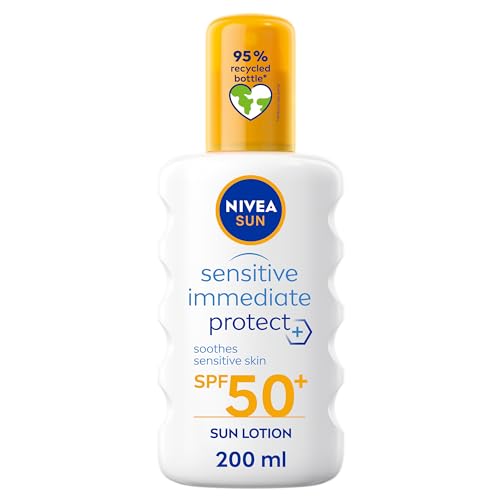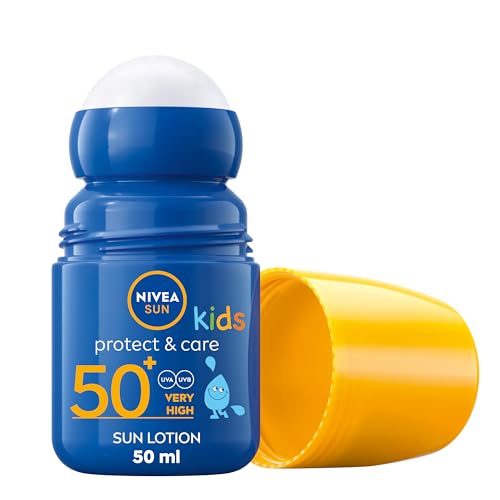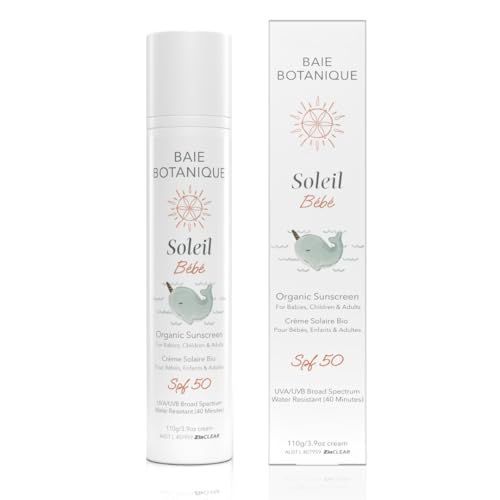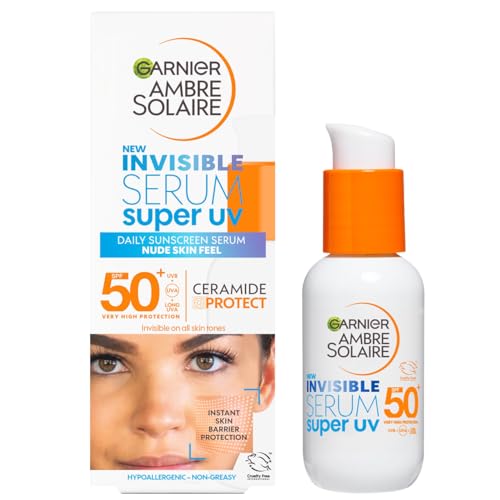Understanding Suncream: What You Need to Know Before You Buy
The Importance of Sun Protection
We can all agree that sun protection is crucial for maintaining our skin’s health. When we spend time outdoors, our skin is exposed to harmful ultraviolet (UV) rays from the sun, which can lead to premature ageing and increase the risk of skin cancer. Choosing the right suncream is an essential step in safeguarding our skin; without it, we risk the consequences of prolonged exposure to these harmful rays.
UV Rays and Their Effects
Understanding the difference between UVA and UVB rays can significantly influence our choice in suncream. UVA rays are primarily responsible for skin ageing and long-term skin damage, while UVB rays are more associated with sunburn. We need a suncream that protects against both types; this is often labelled as ‘broad-spectrum’ protection, ensuring comprehensive coverage.
The Different Types of Suncream: Choosing the Right Protection for Your Skin
Chemical vs. Physical Suncream
When selecting suncream, we often find ourselves choosing between chemical and physical options. Chemical suncreams work by absorbing UV rays and transforming them into heat, which the skin then releases. They tend to have a lighter feel and are often easier to apply. On the other hand, physical suncreams, containing minerals like zinc oxide and titanium dioxide, create a barrier that reflects UV rays from the skin. They are generally preferred for sensitive skin, as they are less likely to cause irritation.
SPF Ratings: What They Mean
The Sun Protection Factor (SPF) rating is another crucial element to consider. SPF indicates the level of protection against UVB rays. For most people, an SPF of 30 is sufficient for daily use, providing approximately 97% protection against UVB rays. For extended outdoor activities or high sun exposure, opting for SPF 50 or higher can offer additional security. However, it’s essential to recall that no suncream can provide 100% protection.
Key Ingredients in Suncream: What to Look For and What to Avoid
Essential Ingredients for Effective Protection
When we examine suncream labels, certain ingredients catch our eye. Look for products that contain broad-spectrum ingredients like avobenzone, octisalate, octocrylene, and homosalate. These compounds effectively shield against UVA and UVB rays. Zinc oxide and titanium dioxide are also excellent physical blockers we should consider, particularly if we have sensitive skin.
Ingredients to Avoid
While scanning ingredient lists, we should also be cautious of some potentially harmful substances. Ingredients like oxybenzone have raised concerns regarding skin irritation and possible endocrine disruption. We recommend steering clear of suncreams with artificial fragrances and parabens, as these can lead to irritation for some skin types.
Applying Suncream: Tips for Maximum Effectiveness and Safety
The Right Amount and Timing for Application
Knowing how to apply suncream correctly can significantly impact its effectiveness. We should apply approximately two tablespoons of sunscreen to cover the entire body and a teaspoon for our face alone. It’s essential to apply suncream at least 15-30 minutes before sun exposure for optimal absorption and protection.
Reapplication Is Key
We cannot stress enough the importance of reapplying suncream every two hours, or more frequently if we swim or sweat. It’s an essential habit that ensures our skin remains protected throughout the day, especially during peak sun hours.
Our Top Recommendations: The Best Suncreams for Every Skin Type and Occasion
Daily Use for All Skin Types
For everyday use, we recommend a lightweight, broad-spectrum suncream like a gel or spray formulation that absorbs quickly without feeling heavy on the skin. Look for a broad-spectrum SPF 30 or higher that is suitable for all skin types.
Sensitive Skin Solutions
If we have sensitive skin, a mineral-based suncream with zinc oxide or titanium dioxide is advisable. We favour options that are fragrance-free and suited for delicate skin, ensuring we get protection minus the irritation.
Water Resistance for Active Days
For those active days at the beach or pool, a water-resistant suncream rated for 80 minutes is essential. These products provide peace of mind that our sun protection remains effective even when splashing about in the water.
